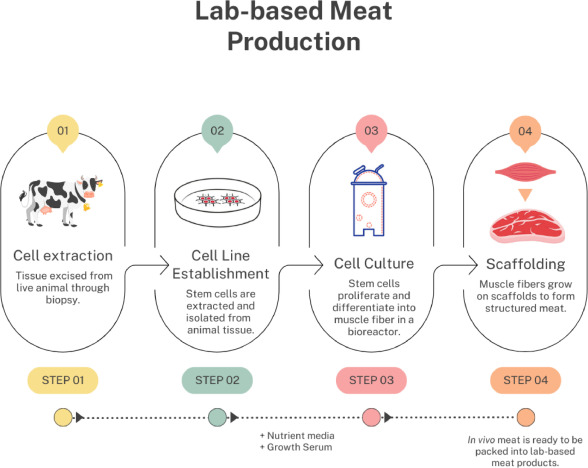Supreme Court Concern on GM Mustard
What are GM crops?
? Crops that have undergone genetic engineering processes to alter their DNA are referred to as genetically modified crops.
? The techniques used in GM crops are: gene guns,electroporation,microinjection, agrobacterium etc.
? The types of modification are: transgenic, cis-genic, subgenic and multiple trait integration.
? The main trait types in GM crops are herbicide tolerance(HT),insect resistance (IR), Stacked traits etc.
Indian Scenario in GM crops
? Bt Cotton: In 2002, the GEAC had allowed the commercial release of Bt cotton.
? Bt cotton has two alien genes from the soil bacterium Bacillus thuringiensis (Bt) that allows the crop to develop a protein toxic to the common pest pink bollworm.
? It is the only GM crop that is allowed in India.
? Many varieties of GM crops are under different stages of development, like Bt brinjal and DMH-11 mustard.
Regulatory framework in India
? The Genetic Engineering Appraisal Committee (GEAC): It under the Ministry of Environment, Forest and Climate Change (MoEF&CC), is responsible for the assessment of proposals related to the commercial release of GM crops.
Need for GM crops
? Food Security: Genetically modified crops can improve yield, build resistances to pests, flood,frost , drought etc.
? Sustainable food system: Crops can also be modified to reduce carbon emissions and boost the sustainability of food production.
? Higher Productivity: With GM crops it is possible to produce more food from less area and with less chemical pesticides and fertilizer.
? GM crop production uses only about 10% of the land non-GM crop production uses.
? Nutritional Security: Genetic modifications can enhance the nutritional content of crops. The crops may contain higher levels of essential nutrients, addressing malnutrition and improving public health.
Reasons for opposition of GM crops
? Unintended side effects: Environmentalists argue that the long-lasting effect of GM crops is yet to be studied and thus they should not be released commercially. Genetic modification can bring changes that can be harmful to humans in the long run.
? Threat to biodiversity: Some crops have been engineered to create their own toxins against pests. This may harm non-targets such as farm animals that ingest them.



.jpg)
.jpg)
.jpg)
.jpg)
.jpg)
.jpg)




.jpg)
